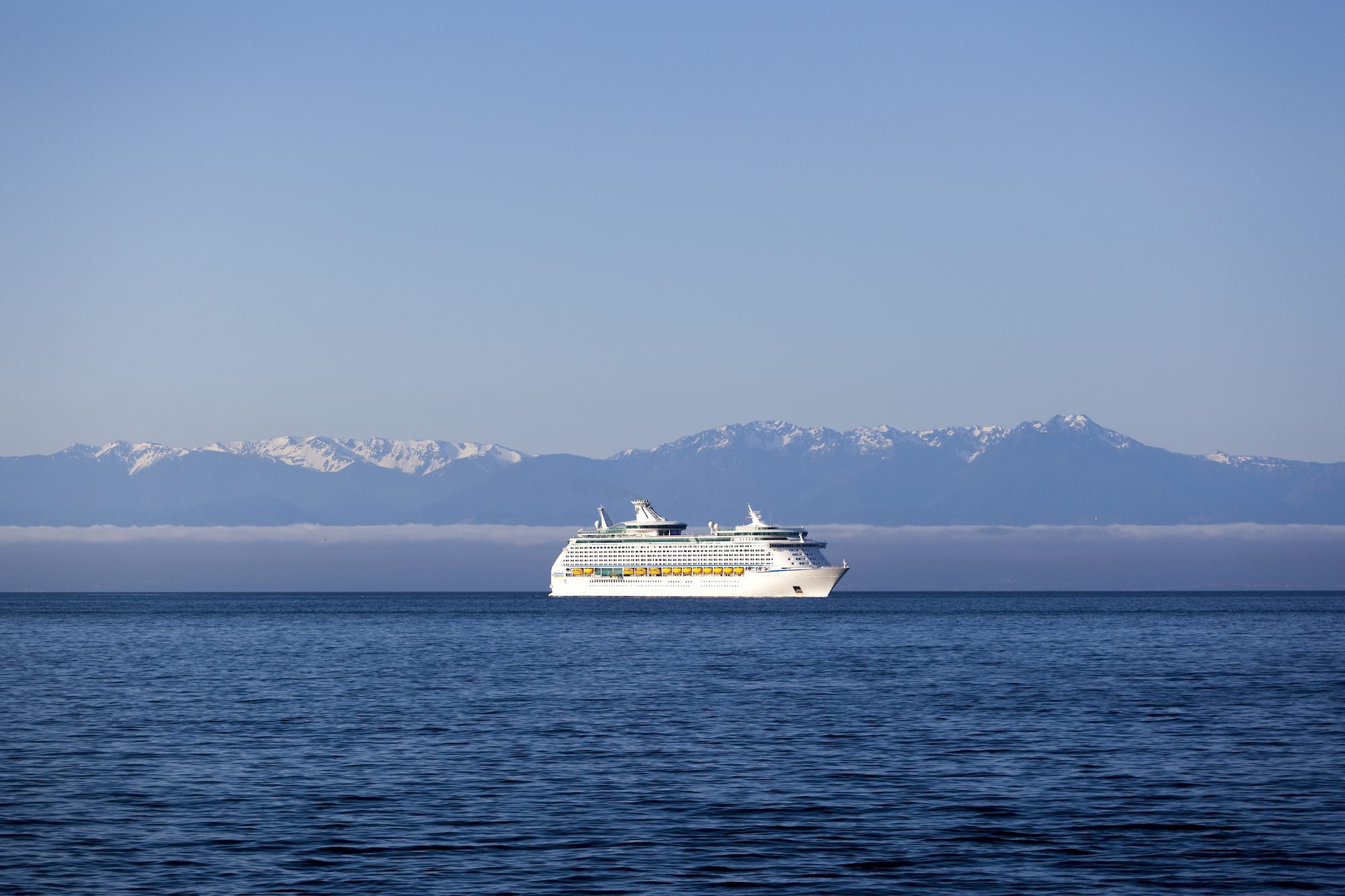Chinese Cruise Ships Look To Steer Clear Of Japan
By Ju-min Park, Hyunjoo Jin and Heekyong Yang SEOUL Nov 21 (Reuters) – Chinese cruise operators are scrambling to avoid Japanese ports as Beijing and Tokyo engage in a diplomatic dispute, which...

The Canadian government has taken a significant step towards ensuring clean waters by adopting new mandatory measures for cruise ships related to the dumping of greywater and sewage in Canadian waters.
The announcement, made by the Minister of Transport, Omar Alghabra, aims to balance the importance of cruise ships to Canada’s domestic tourism sector with the need for responsible and eco-friendly practices.
Cruise ships contribute over CAD $4 billion annually to the Canadian economy and generate approximately 30,000 domestic middle-class jobs each year. However, it is crucial to ensure that these benefits are achieved in a manner that safeguards the environment.
“Cruise ships are an important part of our economy and tourism sector, but they need to operate in a more sustainable manner to protect our waters and our environment,” said Minister Omar Alghabra. “The measures introduced today are additional tools in our toolbox to keep them accountable. We are committed to continuing to work with industry to implement these measures, keeping our coasts clean for Canadians to enjoy.”
The newly introduced measures address the discharge of greywater and sewage, which pose significant risks to marine ecosystems.
Under the mandatory measures, the discharge of greywater and treated sewage within three nautical miles from shore is prohibited across Canada, wherever feasible, in order to prevent pollution and preserve the coastal areas. In addition, the treatment of greywater and sewage before discharge between three and twelve nautical miles from shore, south of 60°N, must meet enhanced standards using approved treatment devices in non-Arctic waters. These regulations align with existing guidelines for Arctic waters under the Arctic Waters Pollution Prevention Act.
To ensure compliance with these measures, cruise ships will be required to report their adherence to the regulations when operating in Canadian waters upon request.
While these measures were initially introduced on a voluntary basis last year, the government has now established fines for non-compliance, with penalties of up to CAD $250,000 under the Canada Shipping Act, 2001. These enforcement measures will promote the protection of Canada’s oceans and marine environment, aligning with ongoing efforts to conserve 25 percent of the country’s oceans by 2025 and 30 percent by 2030.
The mandatory measures also extend to cruise ships passing through Canada’s Marine Protected Areas and marine refuges, highlighting the government’s commitment to safeguarding the oceans for future generations while supporting economic opportunities. With the pressing threats of climate change and human activities impacting marine ecosystems, the implementation of these measures becomes even more urgent.
The new regulations have immediate effect through an Interim Order, which functions similarly to a regulation but allows for swift action while the process for establishing permanent regulations is underway.
It is worth noting that the measures not only meet, but often exceed international standards set by the International Maritime Organization, and provide comparable protection to those implemented in the United States, including Alaska, California, and Washington State.
Greywater, consisting of drainage from sinks, laundry machines, bathtubs, showers, or dishwaters, can contain various pollutants such as detergents, cleaners, nutrients, solids, cooking oils, grease, and hazardous carcinogens. Sewage, which includes wastewater from bathrooms and toilets, contains fecal coliforms, ammonia, chlorine, and a range of toxic pollutants such as pharmaceuticals, heavy metals, hydrocarbons, and organochlorides.
The mandatory measures introduced for cruise ships operating in Canadian waters complement the existing regulations under the Canada Shipping Act, 2001, and the Arctic Waters Pollution Prevention Act.

Sign up for gCaptain’s newsletter and never miss an update

Subscribe to gCaptain Daily and stay informed with the latest global maritime and offshore news
Essential news coupled with the finest maritime content sourced from across the globe.
Sign Up